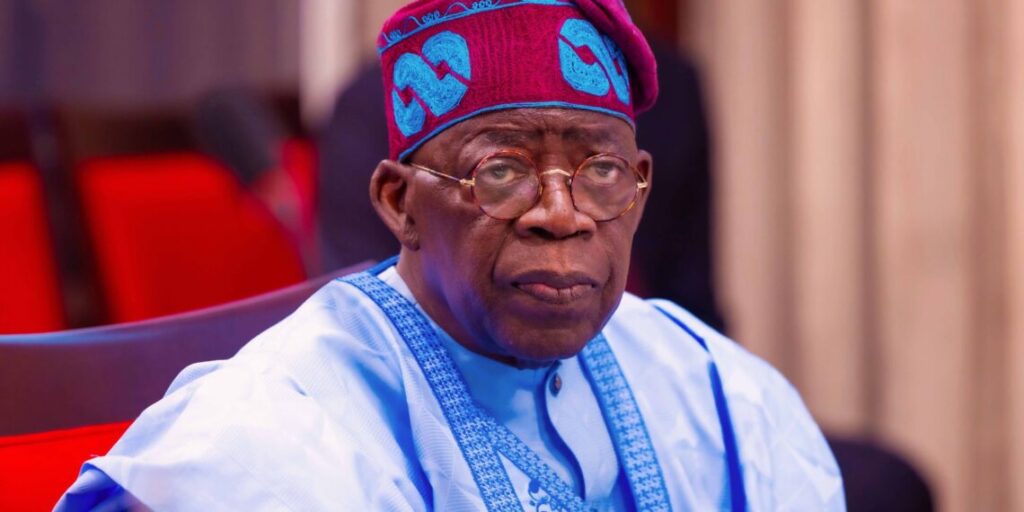
President Bola Tinubu has ruled out the notion of establishing a commodity price control board, despite the fact that food and commodity prices are still skyrocketing in the middle of the nation’s economic crisis.
Additionally, President Tinubu has instructed the 36 governors to refrain from needless diversions and permit the Central Bank of Nigeria, CBN, and other organisations to fulfil their statutory obligations.
This is in light of the President’s approval of the formation of a group made up of federal officials and state governors who would, among other things, investigate the procedures for forming state police.
Following an emergency meeting with governors and a few security chiefs regarding the nation’s economic and security conditions, Chief Ajuri Ngelale, the Special Advisor to the President on Media and Publicity, released a statement that included these details.
Remember how the administration had alluded the intentions to create a National Commodity Board on Tuesday of this week as a means of addressing the nation’s rapidly rising food prices? Vice President Kashim Shettima was present at a two-day high-level strategic meeting on climate change, food systems, and resource mobilisation held at the Presidential Villa’s Banquet Hall in Abuja. The government announced that the board would be tasked with addressing price volatility by evaluating and controlling food prices as well as keeping a strategic food reserve to stabilise the prices of essential grains and other food items.
However, President Tinubu was cited as declaring that he would not establish a price control board in a statement sent by his spokesperson.
Regarding security, President Tinubu authorised the formation of a commission made up of federal government representatives and state governors, whose duties will include investigating the procedures for forming state police. He claimed that by establishing programmes to encourage local production and dissuade all sorts of rent-seeking that are connected to food importation, his administration is developing domestic solutions to meet the problems facing the country’s food security.
In order to protect local communities’ natural and human resources, the President also supported subnational governments’ training and equipping of forest rangers.
“My stance at this meeting is that we need to move quickly and form a committee to look critically at the issues raised, including the potential creation of state police,” he said. We’ve seen stories from Kano regarding widespread food stockpiling in certain warehouses. The Director-General of the Department of State Services, the Inspector-General of Police, and the National Security Adviser (NSA) ought to work closely together to make sure that security authorities in the states conduct follow-up inspections of such warehouses.
It is imperative that we prevent speculators, hoarders, and rent seekers from undermining our efforts to guarantee universal access to food for all Nigerians.
“Creating a price control board is something I will not do. Additionally, I refuse to support the importation of food. We should be able to escape the predicament we’re in since importation will make it possible for rent seekers to commit fraud and poor management at the expense of the whole community.
Our preference is to provide farmers with incentives that encourage them to work the land and increase the amount of food produced for the nation’s population.
The President said, “We also need to consider how quickly and carefully we can implement our plans for livestock development and management, including dairy farming and other initiatives.”
None of us can be an expert in everything. Let’s offer someone the opportunity to complete any assignments we have given them. The President reaffirmed, “If they are unable to succeed, we will find a fast means to remove them from the system.
Assuring them that the federal government will keep working hard to improve the country’s income profile, President Tinubu advised the governors to always prioritise the welfare and prosperity of the people in their development initiatives.
